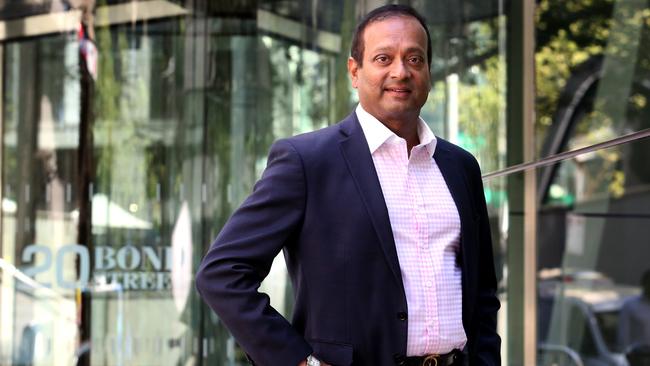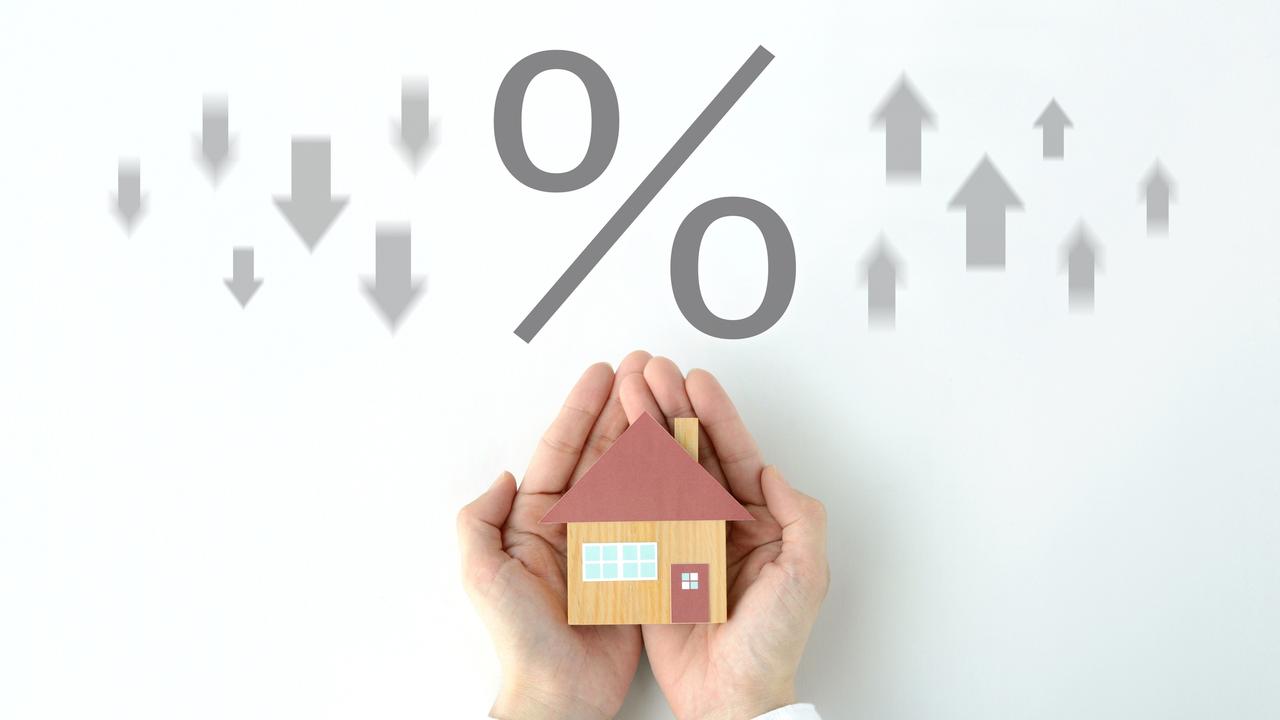Dalton Street Capital cashes in on volatility when equities are down
Nick Selvaratnam’s Dalton Street Capital trades in shares as well as futures, which helps when markets turn volatile.

We’re talking in the worst week for markets for a long time — just about everything from blue chips to bitcoin fell. Will things revive?
You might not like my answer (laughs).
There’s no wrong answers here.
We don’t know, we really don’t know. There’s lots of banter on this. But our methodology is not predictive. We don’t know whether stocks or something like bitcoin will go up and down and we don’t try to predict that.
From our perspective, we’ll make a lot of money from either equities or the daily trading.
Do you think the correction is over now?
I don’t know. On the economic front, synchronised growth is occurring. From a markets perspective, the recent retreat does not signal the end of a bull run.
The sharemarket decline has now got to the technical interpretation of a correction (a drop of 10 per cent or more), but making a near-term call is impossible.
Has the sharemarket reversal affected you in any way? Will you have a different tactical approach in the months ahead?
No. We don’t pursue a short-term tactical approach.
Will we see more dramatic days from now on? Volatility appears to be back on the radar.
Volatility (as measured by the VIX) shot up to 35 compared to typically 10-12 in recent times. Of more significance is that the average VIX since introduction in the early 1990s is around 20. So compared to recent years an increase simply implies a return to the average!
How much does Dalton have under management?
We started from scratch and today we’re at about $80 million. We’ve got a very hard close on capacity limitation at $500m because our focus on delivering on performance. We thought if we can run, say, a $2 billion fund, which we could do, performance would be compromised and the circa 20 per cent return may well be compromised.
Our returns for our very first calendar year, 2016-17, was 22 per cent. In 2018, we’ve started with high single to double digit returns.
Talking of volatility, what has this past week meant for Dalton?
Well, to generate an absolute return, we run two concurrent strategies. Firstly, we run a long-only Asia Pacific equities portfolio. But we also have a daily index futures trading business, which we close off at the end of every single day.
Most funds focus on either long or short but we have a systematic way of double dipping.
This week’s volatility is a good example of why we have a two-prong strategy at Dalton.
It’s virtually impossible to make any money on a long-only portfolio in a week like this when volatility spikes.
But you can make bucketloads of money through a daily derivatives trading. It’s also a market that is complacent about risks, which isn’t ideal for the daily trading, but they’re not bad for equity gains.
And so we’re agnostic as to which bucket our returns come from. But this strategy perhaps works better over a sustained period of volatility such as 2008 to 2009. Volatility for a day is a bit hard to plan for.
You specialised in insurance in a past life. Is catastrophe risk higher now due to climate change?
I don’t know that. I think the information capture is greater, the dollar value of wealth is greater, population growth is greater, so you’d think average insurance losses might be greater. But as for the cause, there are really several reasons as well as climate change.
Do you still invest in insurers? Is QBE now a safe bet? Or are you agnostic?
We’re the latter. Our equity selection is incredibly systematic because we’re industry immune and geography immune.
What was your first big investment?
Financially, it was my first apartment in Sydney. I’ve always been interested in equities but I can’t think of one. But in many ways, my biggest investment was funding my own education and later studying to be a charted accountant. That’s what got me where I am today.
What are you investing in today?
I have investment in properties, equities and funds globally including Australia. I have very little to zero investments in bonds.



